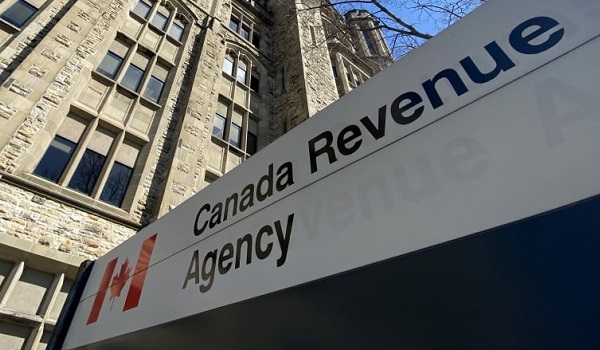Parliament prorogation: Uncertainty around capital-gains tax clouds fiscal outlook for Ottawa, provinces
The federal and provincial governments were relying on Ottawa’s capital-gains tax hike to pad their finances over the next few years. But as a looming federal election puts the required legislative changes in doubt, the policy’s potential unravelling risks deepening government deficits.
Prime Minister Justin Trudeau’s decision to prorogue Parliament killed all legislation that had not yet received royal assent. It also sparked confusion as to whether the Canada Revenue Agency would continue applying the capital-gains tax changes introduced in the spring budget.
The Liberal government’s proposal to make two-thirds of capital gains taxable for businesses and individuals on earnings above $250,000 came into effect on June 25 without legislation passing Parliament. Mr. Trudeau pitched the tax hike as a way to pay for what he called “generational fairness,” including housing policies that aimed to help young people with affordability. The revenue-raising measure also helped the government keep the deficit from rising even further amidst political pressure to rein in spending.
A spokesperson for the Finance Department confirmed on Tuesday that the CRA will continue to administer the tax changes outlined in the ways and means motion tabled in late September, which he called parliamentary convention. If the tax changes never become law, however, the CRA will likely need to refund affected taxpayers, resulting in lower federal and provincial tax revenue than forecast.
“Upon resumption of Parliament, if no bill is passed in the House of Commons, and the government signals its intent to not proceed with the proposed measures, the CRA would cease to administer them,” Benoit Mayrand said in an e-mail.
Len Farber, a former senior official at the Finance Department’s tax policy branch, called the CRA’s decision “questionable.”
“In the situation of a minority government and a precariously minority government, you don’t make announcements about administering something that is not likely to happen,” Mr. Farber said in an interview.
The federal government had projected the capital-gains tax changes would increase federal revenues by $19.4-billion over five years. Provinces have also taken the tax changes into account in their finances. Ontario, which projected its revenues would be $3.3-billion higher over three years because of the changes, pledged to use that revenue to pay for $200 rebates it intends to send out to taxpayers.
But the political uncertainty in Ottawa makes it unlikely the government will be able to pass legislation on the tax changes. And the Conservatives, who are poised to win a federal election this year if their lead in public-opinion polls holds, have staunchly opposed the tax increase. Sebastian Skamski, a spokesperson for party leader Pierre Poilievre, confirmed that a Conservative government would not pursue the policy.
“We frankly don’t understand how the CRA is imposing a tax hike on Canadians when it hasn’t been passed in Parliament. The Liberal government must answer that question,” said Mr. Skamski in an e-mail.
Kevin Milligan, a professor and the director of the Vancouver School of Economics at the University of British Columbia, said it makes sense for the CRA to continue adhering to its standard practices for the time being.
“After this storm has passed, it would be a time to reflect on that practice, of whether we want to continue with this practice of treating a ways-and-means motion as if it’s as good as legislation having passed, because clearly that has led to some ambiguity here, and that’s not a great thing,” said Prof. Milligan, who has regularly advised the Trudeau cabinet on economic policy.
Alexandre Laurin, who leads the C.D. Howe Institute’s fiscal and tax policy program, said the government is responsible for proposing a tax policy change without ensuring legislation would quickly follow.
“If there’s someone to blame, it’s the government who introduced a pretty sizable and complex … tax change in the spring budget without legislation,” he said.
This article was first reported by The Globe and Mail













